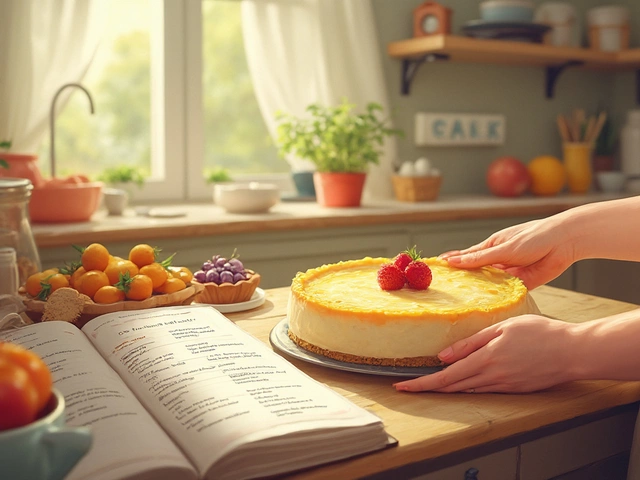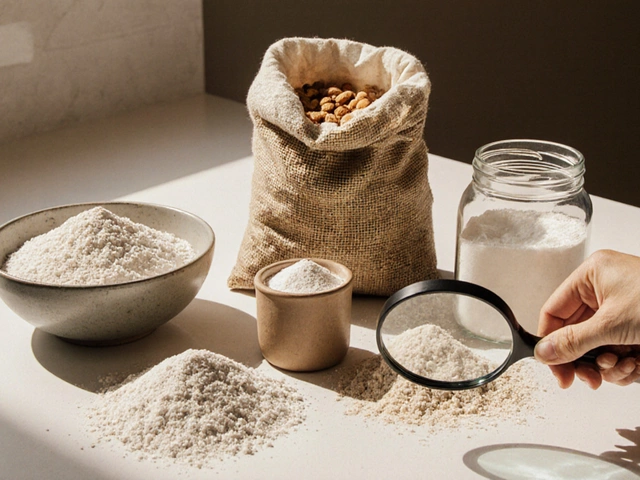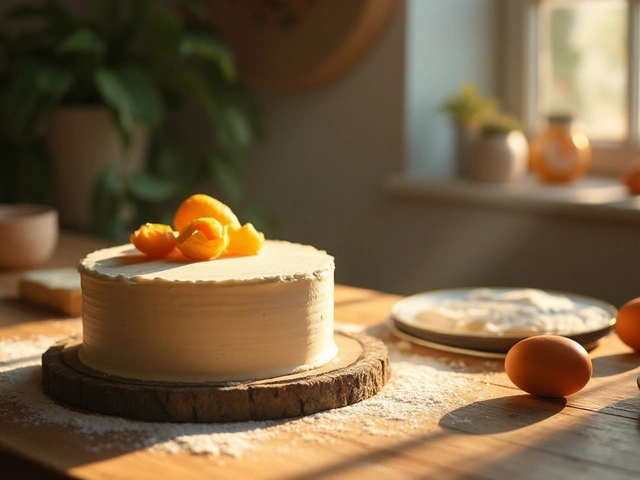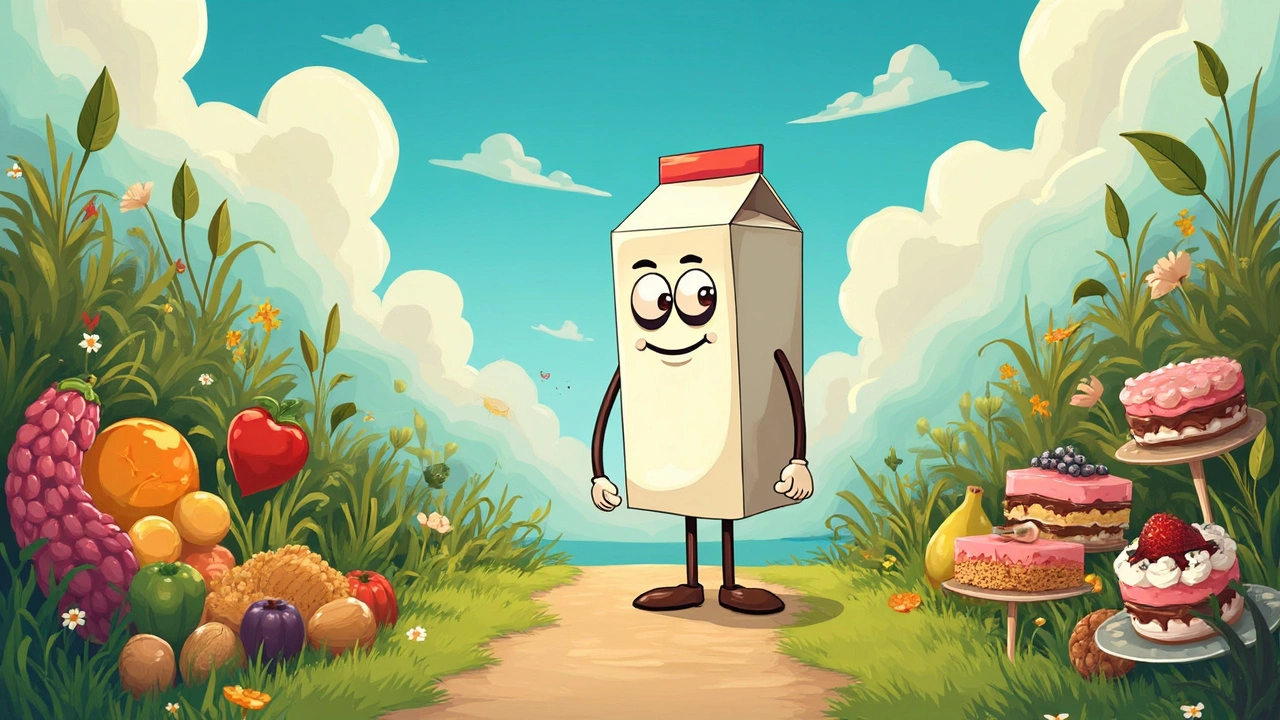
So here’s the deal: milk doesn't make the cut for vegan diets. Why, you ask? Well, it comes down to what veganism really stands for. It's about avoiding any animal products entirely—not just meat. Vegans skip anything that involves animal exploitation, and that includes dairy. Cows and other dairy animals are often kept in less-than-ideal conditions, which goes completely against the vegan ethos.
But it's not just about the animals. The environmental impact of dairy farming is another reason vegans steer clear of milk. It's one of the biggest contributors to greenhouse gas emissions and requires way more resources like water and land compared to plant-based alternatives. So for someone trying to live sustainably, milk doesn't tick the boxes.
Got a sweet tooth? Stay tuned, because moving away from traditional milk doesn't mean giving up dessert indulgence. There are loads of plant-based alternatives out there that can make your favorite treats just as creamy and delicious, without stepping an inch into the dairy aisle.
Understanding Veganism
Okay, let's break down veganism. At its core, veganism is a lifestyle choice that seeks to exclude all forms of animal exploitation and cruelty, whether it's for food, clothing, or other purposes. It's not just about skipping meat; it's all animal products, including dairy.
Plant-based diets have become increasingly popular for several reasons. People choose veganism for ethical concerns, environmental sustainability, and health benefits. Ethically, it’s all about reducing harm to animals and choosing not to support industries that involve animal suffering.
Environmental Impact
The environmental argument for veganism is compelling. Dairy farming is resource-intensive, contributing significantly to greenhouse gas emissions. According to some studies, switching to a plant-based diet can cut an individual's carbon footprint from food by up to 73%. That's huge!
Health Aspects
Many choose veganism for health reasons. Vegan diets are often linked to lower risks of heart disease, hypertension, type 2 diabetes, and certain cancers. Plus, cutting out dairy can be beneficial for those who are lactose intolerant—turns out, a significant percent of the world's population doesn't digest lactose well.
- Going vegan means finding new sources of essential nutrients like protein, calcium, and vitamin B12.
- Popular plant-based protein sources include beans, lentils, tofu, and quinoa.
- For calcium, folks often look to fortified plant milks, leafy greens, and almonds.
Understanding these aspects helps explain why vegans draw a firm line at dairy. Veganism is more than just a diet; it's a commitment to a lifestyle that respects animals, the planet, and personal health.
Why Milk Isn't Vegan
Okay, so let's break it down. When you're living a vegan lifestyle, you avoid all animal products. Now, you might think milk is just a harmless drink, but what goes on behind the scenes says otherwise.
Animal Welfare
Here's the thing: milk production usually involves keeping cows in some pretty rough conditions. They’re often confined to small spaces and separated from their calves much earlier than in natural settings. For many vegans, this doesn't sit right. The process itself—where cows are treated more like machines than sentient beings—feels like a clear form of exploitation.
Environmental Impact
Let's talk about the planet. Dairy farming is a massive environmental issue. It's responsible for around 3% of all greenhouse gas emissions worldwide. That's a big deal! Plus, it sucks up so much water and land just to keep those cows fed and producing milk. That’s why anyone who's serious about sustainability might decide that milk isn't for them.
Health Considerations
Some folks steer clear of milk for health reasons, too. Did you know that a good chunk of people are lactose intolerant? That means their bodies can't digest the lactose in milk properly, leading to all sorts of uncomfortable symptoms. Beyond that, some studies hint that a plant-based diet might offer health perks like lower risks of certain diseases.
So, when you wrap it all up, milk isn’t just a no-go for vegans because it’s from animals. It’s about ethics, the environment, and even health concerns. Luckily, there are plenty of tasty alternatives to choose from when whipping up some vegan desserts!
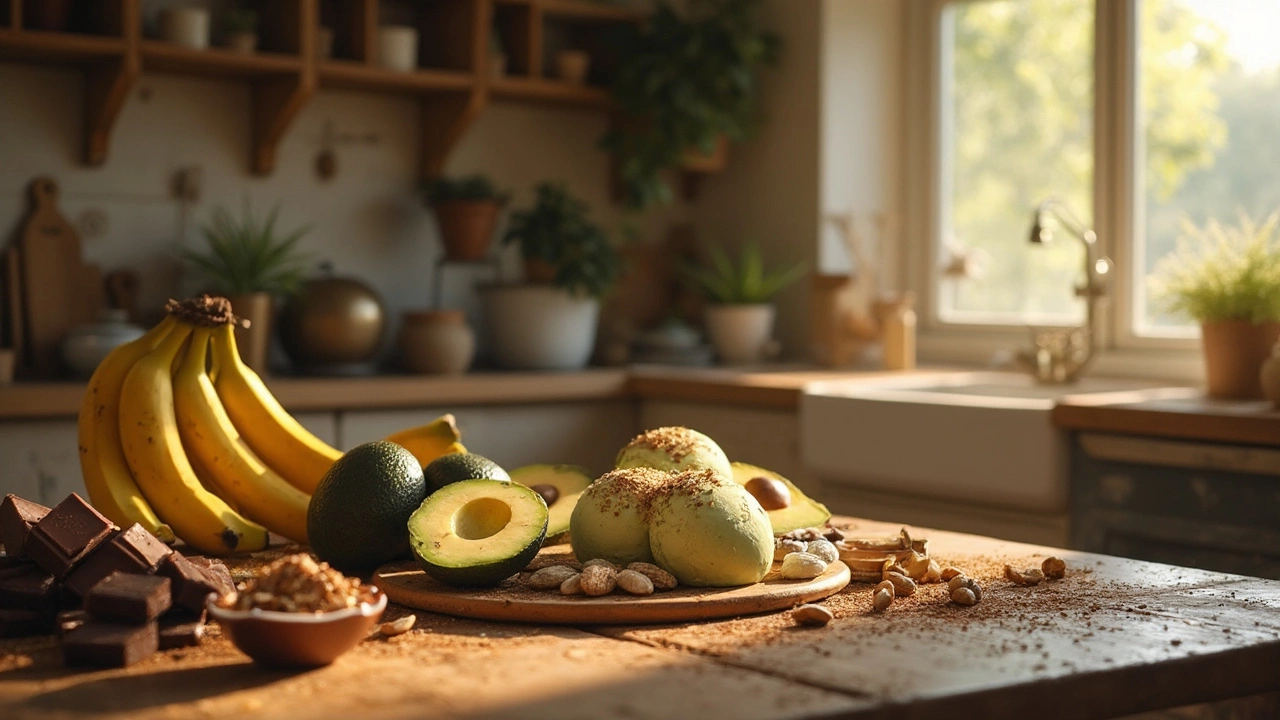
Vegan Dessert Alternatives
Ever think life without milk means a dreary dessert landscape? Think again! The world of vegan desserts is vibrant, delicious, and surprisingly easy to navigate once you know where to start. Whether you're going for a classic treat or something a bit more adventurous, there's a non-dairy twist waiting to be discovered.
Swap Out the Dairy
First things first, ditch the dairy. Instead of relying on cow's milk, vegans use plant-based milk. Options like almond milk, oat milk, and soy milk are quite popular. These alternatives bring their own flavor profiles and richness, perfect for everything from cookies to cakes.
Here's a quick rundown of some popular plant-based milks and what they bring to the dessert table:
- Almond Milk: Light and nutty, great for creamy puddings and ice cream.
- Oat Milk: Thick and creamy, perfect for baking and lattes.
- Soy Milk: Versatile and protein-rich, ideal for custards and pancakes.
Egg-Free Baking Magic
No eggs? No problem. Vegan baking swaps eggs with ingredients like applesauce, mashed bananas, or flaxseed meal. These replacements work wonders in providing moisture and binding, just like eggs would.
Need a quick apple pie hack? Use applesauce as an egg substitute for moist and fluffy results. It's a win-win where taste and ethics meet.
Sweet Surprises
You might be wondering about sweeteners. Some sugar is processed with bone char, making it not-so-vegan-friendly. Make sure to check labels or opt for alternatives like maple syrup or coconut sugar. They bring their own flavors while keeping desserts naturally sweet.
The Joy of Non-Dairy Chocolate
Can't imagine life without chocolate? Luckily, there are plenty of vegan chocolate options out there. Dark chocolate is often naturally dairy-free, just double-check the labels. Want to be more adventurous? Try vegan white chocolate made from cashew cream or coconut milk. Talk about indulgence without compromise!
Quick Data Check
| Milk Alternative | Best Used For |
|---|---|
| Almond Milk | Puddings, Ice Cream |
| Oat Milk | Baking, Coffee |
| Soy Milk | Custards, Pancakes |
The sky's the limit with vegan desserts, giving you the sweet fix without the dairy guilt. So next time you’re craving something sweet, dive into the plant-based pantry and whip up something truly scrumptious.
Tips for Vegan Baking
So you're ready to dive into the world of vegan baking, huh? It's not as daunting as it seems. Let’s make sure you've got the sweet scoop to nail those vegan desserts without a hitch.
1. Choose Your Milk Substitute
First things first, swapping out dairy milk is a breeze with all the plant-based choices out there. Almond, soy, oat, and coconut milk are all solid options, each with its own flavor profile. If you want something neutral, go for oat milk. Need a creamier texture? Coconut milk is your friend.
2. Binding Ingredients
No eggs? No problem. When it comes to binding, chia seeds and flaxseeds can be your go-to. Just mix one tablespoon of chia or ground flaxseeds with three tablespoons of water, let it sit until gel-like, and you've got yourself a nifty egg replacement.
3. Watch Your Sweeteners
Did you know not all sugar is vegan? Some sugars are processed with bone char. Crazy, right? Look for organic sugars or alternatives like maple syrup or agave for your baking needs. They're vegan-friendly and add a unique flavor.
4. Butter Alternatives
For all your butter needs, margarine or coconut oil can do wonders. They add that rich texture and flavor without compromising on the vegan aspect. If you want to venture into the realm of nut butters, almond or peanut butter can offer a lovely twist!
5. Experiment with Flavors
Here's where you can let your creativity shine! Add a splash of vanilla extract, a sprinkle of cinnamon, or a dash of nutmeg to take your vegan baking game up a notch.
| Ingredient | Vegan Substitute |
|---|---|
| Milk | Almond, Soy, Oat, Coconut milk |
| Eggs | Chia seeds, Flaxseeds |
| Butter | Margarine, Coconut oil |
There you have it! With these tips, you're ready to whip up some plant-based delights that will impress vegans and non-vegans alike. The best part? You don't lose out on taste or texture. Just remember, baking is all about trial and error, so have fun with it!


